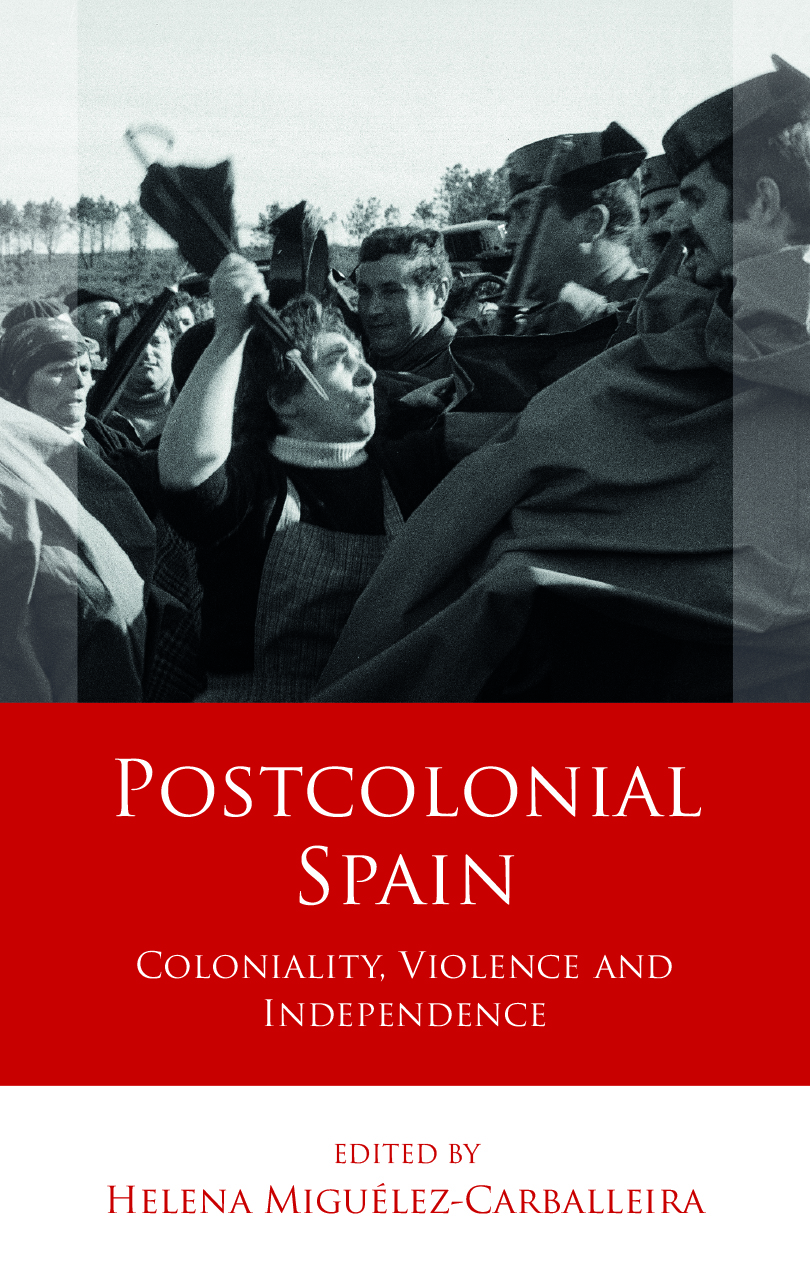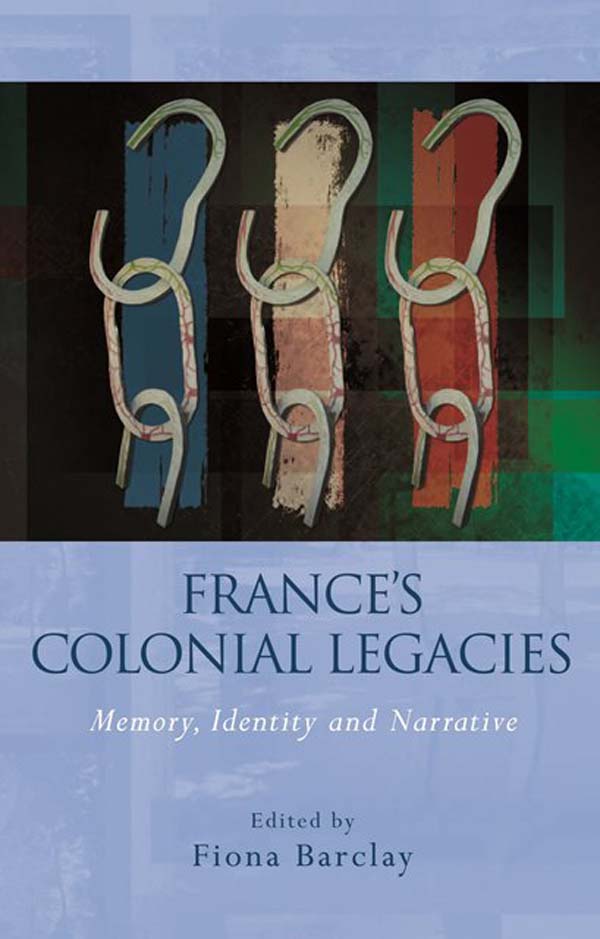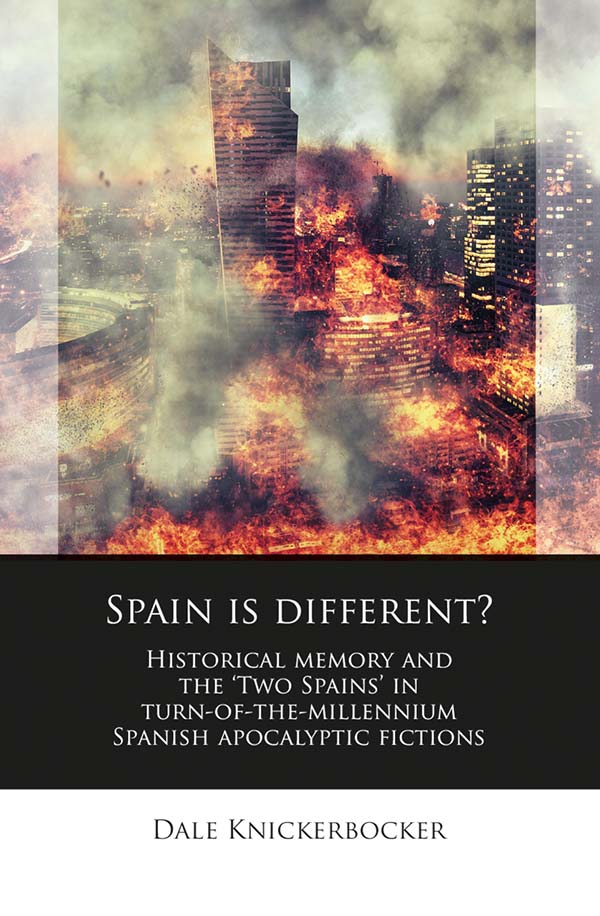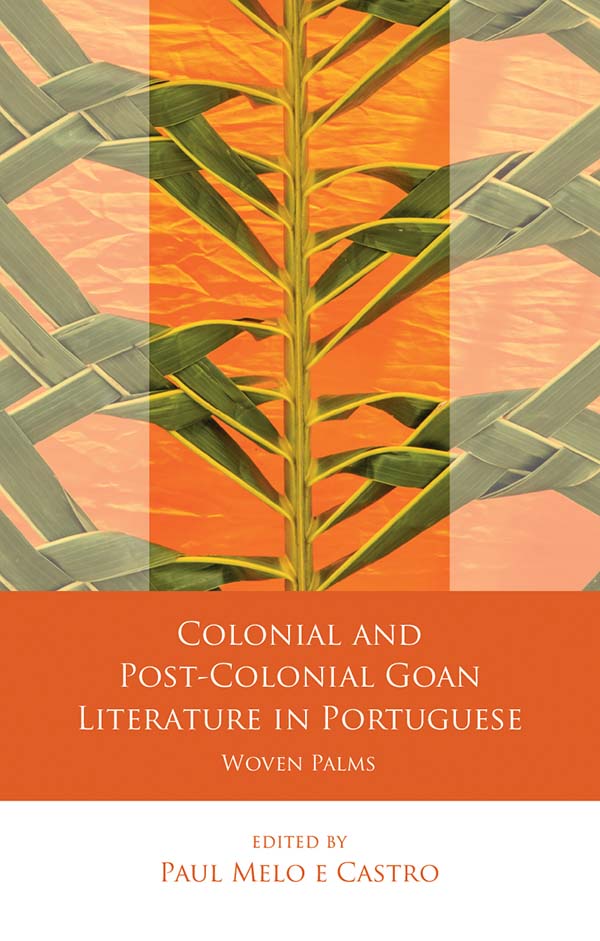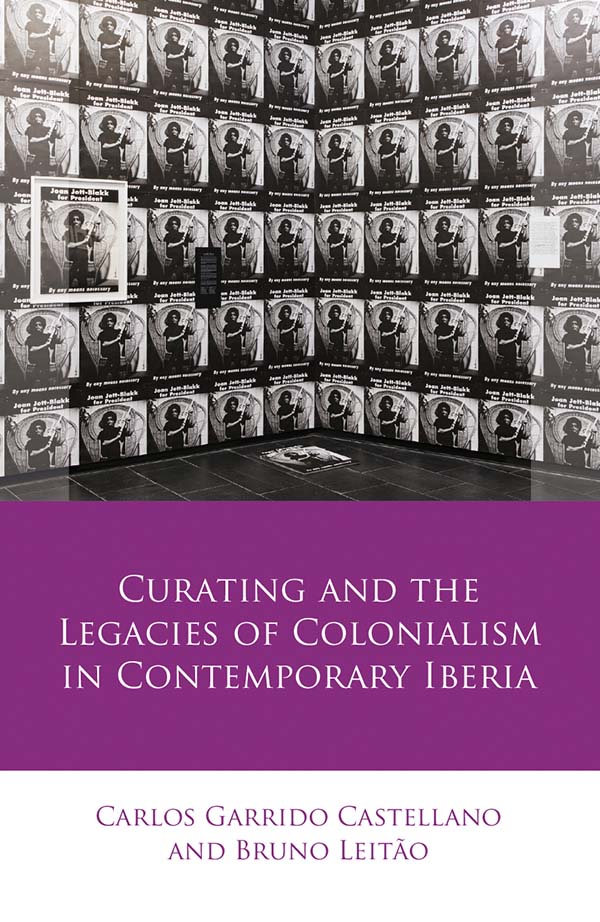Postcolonial Spain
Coloniality, Violence and Independence
Editor(s) Helena Miguélez-Carballeira
Language: English
Series: Iberian and Latin American Studies
- April 2024 · 256 pages ·216x138mm
- · Hardback - 9781837721054
- · eBook - pdf - 9781837721061
- · eBook - epub - 9781837721078
At times explosive, at times restrained, the question of independence has been a fundamental force shaping contemporary Spain. However, the discipline of Spanish (Peninsular) studies has been slow to consider the reality of internal anticolonial and self-determination movements in Spain as part of their purview. To redress this, the present study engages postcolonial theory to shed light on the question of Spain’s ongoing internal national conflict, arguing that modern manifestations of such conflict are linked to internal demands for national sovereignty, independence and self-determination forged against the backdrop of Spain’s post-imperial crisis after 1898.
The collection ranges across topics such as late nineteenth-century penitentiary discourses, the biopolitics of Francoist agrarian reform, dispossession and mass tourism in Mallorca, the judiciary aftermath of the Catalan referendum on independence of 2017, and post-ETA memory politics. Collectively, they illuminate the conflict zones of contemporary Spanish culture, where questions related to (contested) internal colonialities and independence are enmeshed with the processes of political emancipation and state repression.
‘This is an excellent collection of essays delving into Spain’s post-imperial condition from a variety of standpoints, debunking the official narrative of the post-Franco Transition to democracy. A must-read volume for those who have a serious interest in Spain’s long twentieth century.’
Jordi Larios, Professor of Spanish, School of Modern Languages, University of St Andrews
‘Postcolonial Spain engages decisively with patterns of internal colonialism within the Spanish state, and ongoing tensions surrounding regional nationalist conflicts. Theorising multiple moments of crisis, from the Spanish American War of 1898 to the Catalan referendum of 2017, this collective project provides a rich and illuminating array of postcolonial approaches.’
Benita Sampedro Vizcaya, Professor of Spanish Colonial Studies, Hofstra University in New York
Illustrations
Acknowledgements
Notes on Contributors
Introduction – Helena Miguélez-Carballeira
Otherness and corporal precarity: on the representation of torture in democratic Spain – Juan Albarrán
The Spanish state of Catalan exception: building the necessity for exceptional rule on Catalan independence – Sergi Auladell Fauchs
The persistence of neocolonial logic in Fernando León de Aranoa’s Amador (2010) – Bryan Cameron
Contemporary Majorcan culture and the transnational tourist gaze: colonial dynamics, cultural identity and spatial dispossession – Guillem Colom-Montero
Conflict as a place of consensus: the representation of political violence in Twist (2013) by Harkaitz Cano and Martutene (2012) by Ramon Saizarbitoria – Ibon Egaña Etxebarria
Pakean Utzi Arte: art and resistance in Basque subaltern memories – Amaia Elizalde Estenaga and Ismael Manterola Ispizua
Truncated modernities: Chillida, Tindaya, Fuerteventura – Isaac Marrero-Guillamón
The Spanish rural subject and the Instituto Nacional de Colonización (1939–71): coloniality, biopolitics and memory – Helena Miguélez-Carballeira
Hegemonic memory politics and the Basque Nationalist Party: antifascism and the question of violence – Beñat Sarasola Santamaria
The failed panopticon? Architecture, social projects and the problematic notion of ‘model’ in Barcelona’s Presó Model – Aurélie Vialette
Author(s): Helena Miguélez-Carballeira
Helena Miguélez-Carballeira is Professor in Hispanic Studies at Bangor University, and Director of the Centre for Galician Studies in Wales. Her publications include the book Galicia, a Sentimental Nation: Gender, Culture and Politics (2013) and the edited volume A Companion to Galician Culture (2014).

